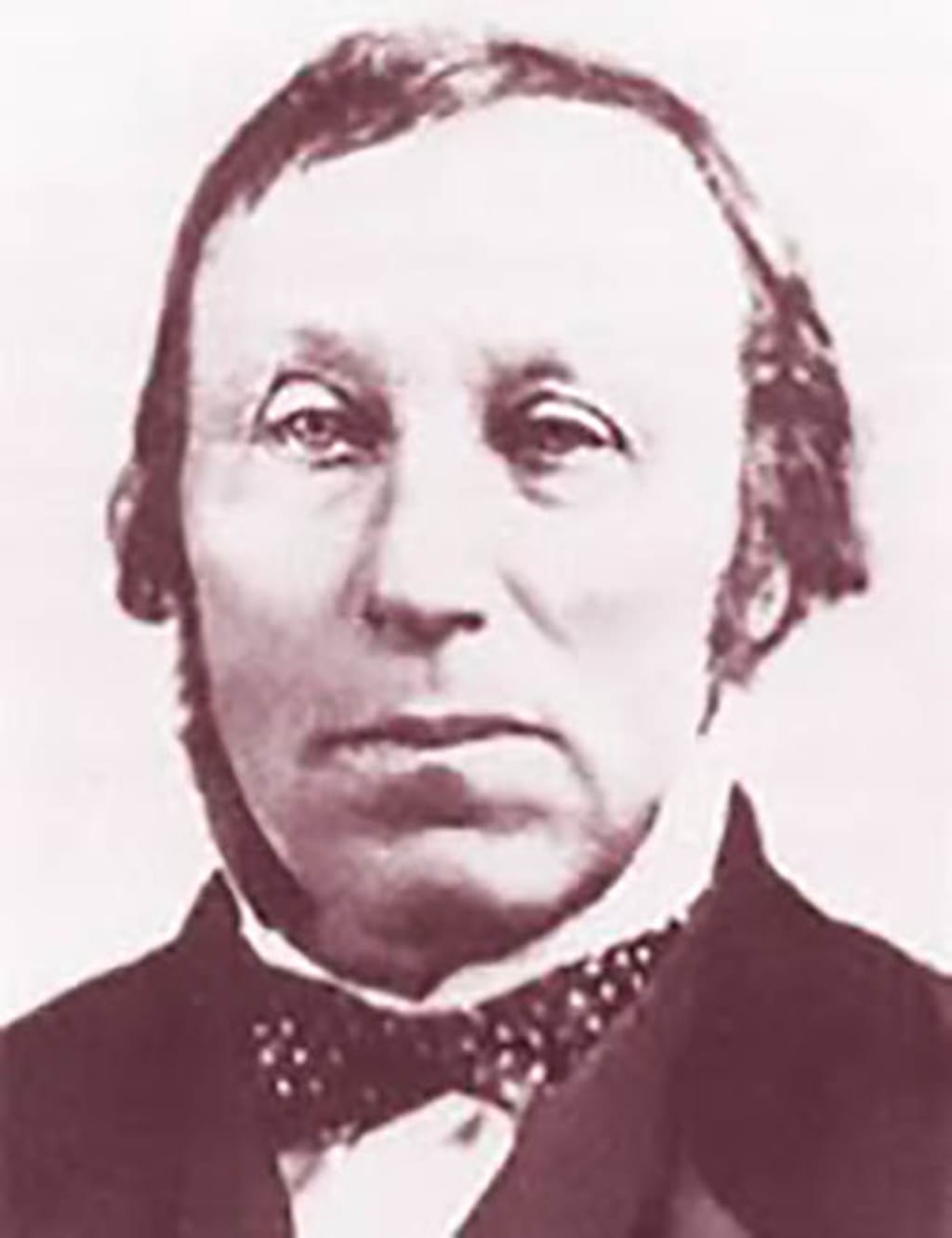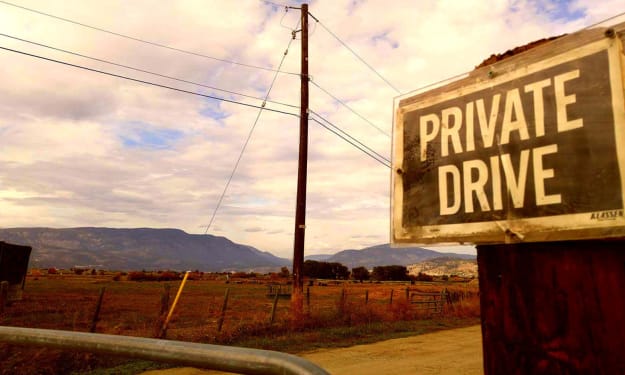Waddington's Worth
The "Real" History of BC

Matthew Baillie Begbie, Supreme Court Judge of the Province of British Columbia, sat in the corner office of Waddington’s building, just down from the Quay in New Westminister. Alfred Waddington himself sat behind the black oak desk looking at the latest issue of the British Columbian newspaper, the April 17th edition, 1859, in which the editorial once again demonized the Chilcotin men hanged for the Bute Inlet Massacre. Fred Seymour was also in the room. He had also read the article.
Tea was being served, so the men said little, knowing that most anything spoken would be relayed to others. One couldn’t be too careful in these loose-lipped days. Once the Oriental serving lady was gone, Waddington let loose.
“Oh come now, Matt,” he said, putting the paper down, “You don’t really believe that tripe, do you?”
“You know he doesn’t, Alfred,” said Seymour, “But really, what is to be done? They surrendered and admitted that they had done the deed.”
“And yet isn’t it of some wonder,” countered Waddington, “That the savages, depicted so clearly in this rag of a newspaper as senseless cannibals, can suddenly be so rational and convincing when we need to convict them so swiftly? Come now. How do we resolve the two different animals we are hearing about here?”
“Look, old man, I don’t say you are wrong in the slightest,” said Begbie, “I only say that I had no choices. It was all so cut and dry, and the only real evidence I had that something was afoul was my own sense that it was all too neat and tidy.”
“Well, I’ll tell you it was all too neat and tidy!” Waddington said, “How many Chilcotin before this roamed around shooting up camps? Eh? How many roam the Wild West gunning each other down for money? None! That’s how many. Balls of Poseidon! They don’t even hunt with guns. Who, by chance, does have just such a reputation?
“And who, might I inquire, had a stake in seeing the Bute Inlet Road fail?”
“All well and good to say so, Alfred,” said Seymour, “But how do we go about proving it?”
“I should think the larger question more interesting to you gentlemen is: How do you feel about being used like a tuppenny trollop to kill my road?”
The other two men were silent as they fumed at his remark. Begbie looked out over the water, where several paddlewheelers came and went up the Fraser, and the now-common steamships loaded and unloaded at the Quay.
“Listen,” said Waddington, “I’m twisted up tight over this, Matt, and prone to making harsh comments, but you have to admit that you were the exact right man for this trial.”
Begbie could hardly avoid the reference to his notorious propensity for hanging Indians as criminals. He didn’t.
“Not upset at you, Alf. I’m upset because I feel you may have me dead to rights here. I’m the one who hung those five men, and I can see all five of them swinging every night when I go to sleep. I couldn’t help but think I had made a mistake, but I didn’t know what to do. I felt just as trapped as they were. And now it seems as though there is nothing to be done about it.”
Seymour asked, “Any chance of resurrecting your road?”
“Not anytime soon,” he replied, “The new road up the Fraser Canyon will be complete before I can even hire help. The Chilcotin won’t come anymore, and now the whites won’t work up there for fear of them.”
“I ask you, gentlemen: Am I too British to do business in this colony?”
A jest, made in exasperation, yet worth consideration.
Seymour broke the silent pondering,
“Being British will never be a problem, old man. What you lack is a criminal imagination. You’re not a brute, or the kind of savage that dreams up a massacre and pins it on local Indians in order to advance their business. Nor are you some rabid Californian putting holes in anyone who blinks at you, or refuses to serve you a drink- heaven forbid. No, my friend, you are the image of the leadership that men want, but mostly want to hate.”
“These people of the colony are aware that the Queen is not here. It’s as though the parents have gone away, and now the kids are in charge. They love your drive and passion. They love your ideas, but they hate the civilized manner in which you behave because it means they can’t simply have whatever they want whenever they want it.”
“Every man for themselves. I’ll agree you’re right on that point. I should imagine it will paint them into a corner at some point. Eh, Begbie. Tell me I’m wrong.”
“I would say it has done that exactly,” Begbie said, “A wonderful plan; to paint these Indians into savages, to work so hard to draw out the differences between them and the whites. And not just them! The Americans have happily played their part in that as well, have they not?”
“I should say they have,” Seymour agreed.
“A brilliant plan indeed,” continued Begbie, “Except now they will all have to live up to the image they have painted for themselves, or admit that they’re a fraud.”
“I’ll admit to you, gentlemen, that I fear the society in which decent behavior is a hoax.”
To that profound sentiment, the three men set down their tea and poured some fine scotch.
About the Creator
H. Robert Mac
Hugh is business consultant, writer, keen observer of people, and a versatile analyst. A wearer of many hats, he brings a wealth of experience to his work with small and medium sized businesses. www.apexdeployment.com






Comments
There are no comments for this story
Be the first to respond and start the conversation.